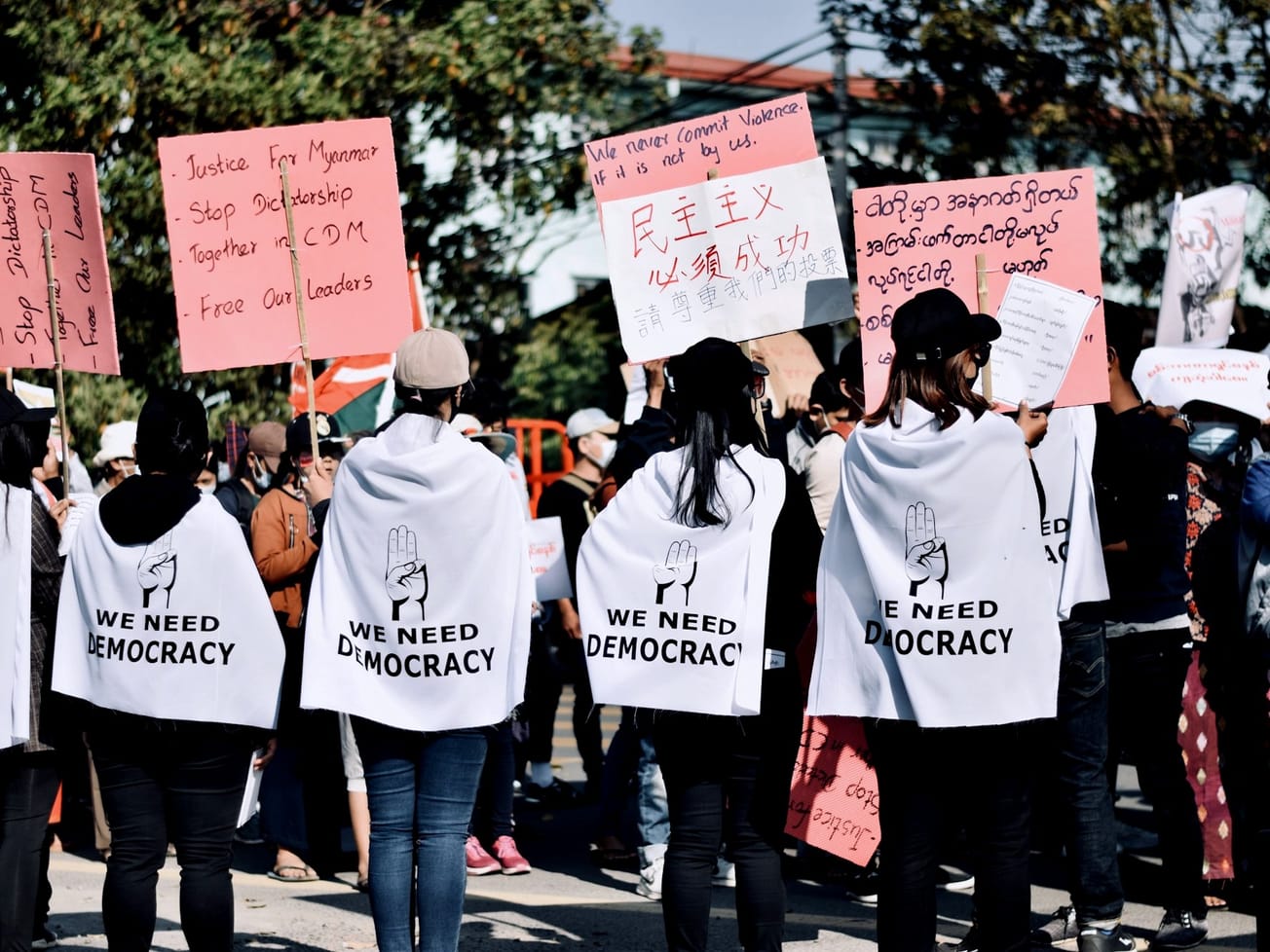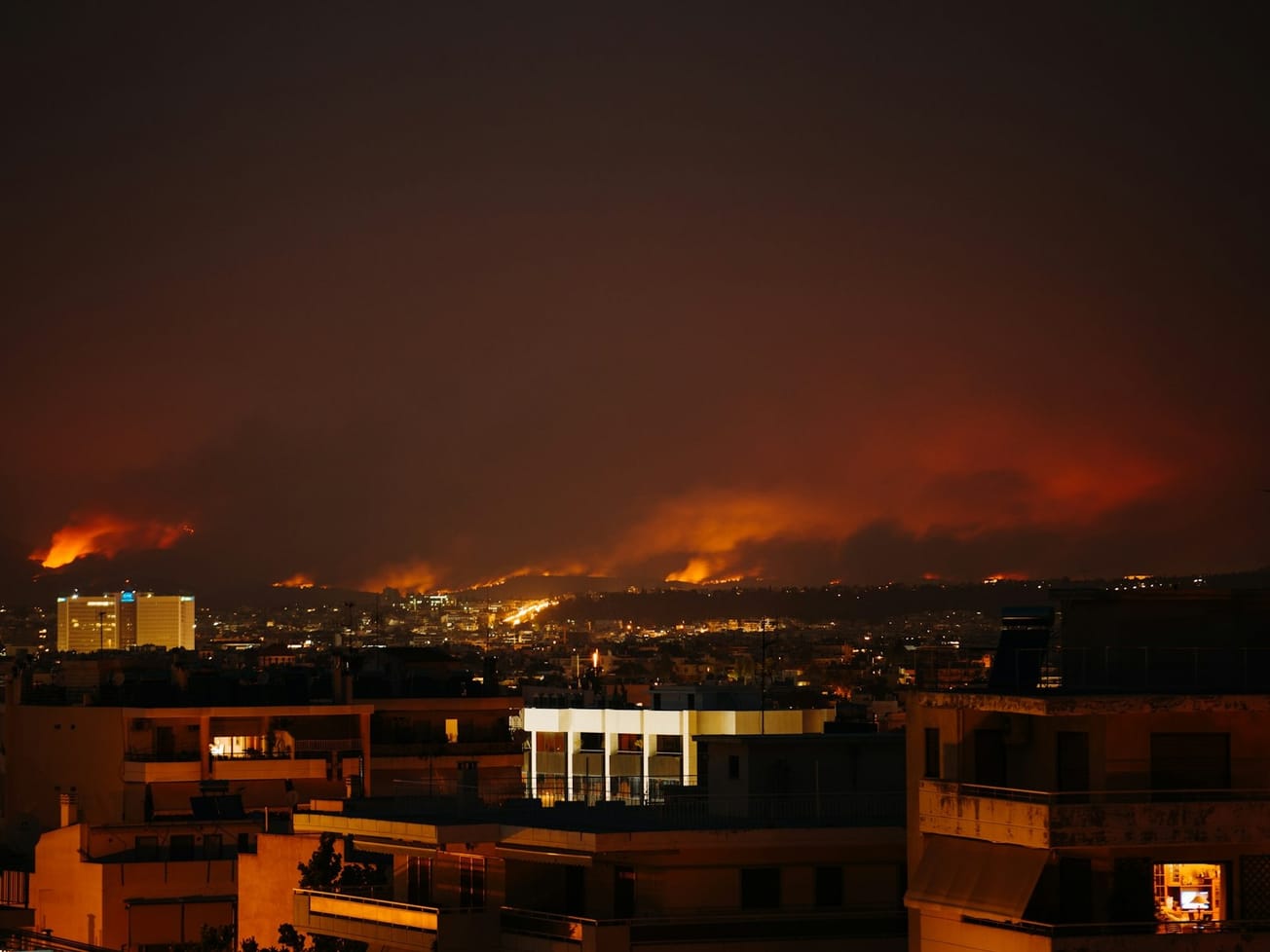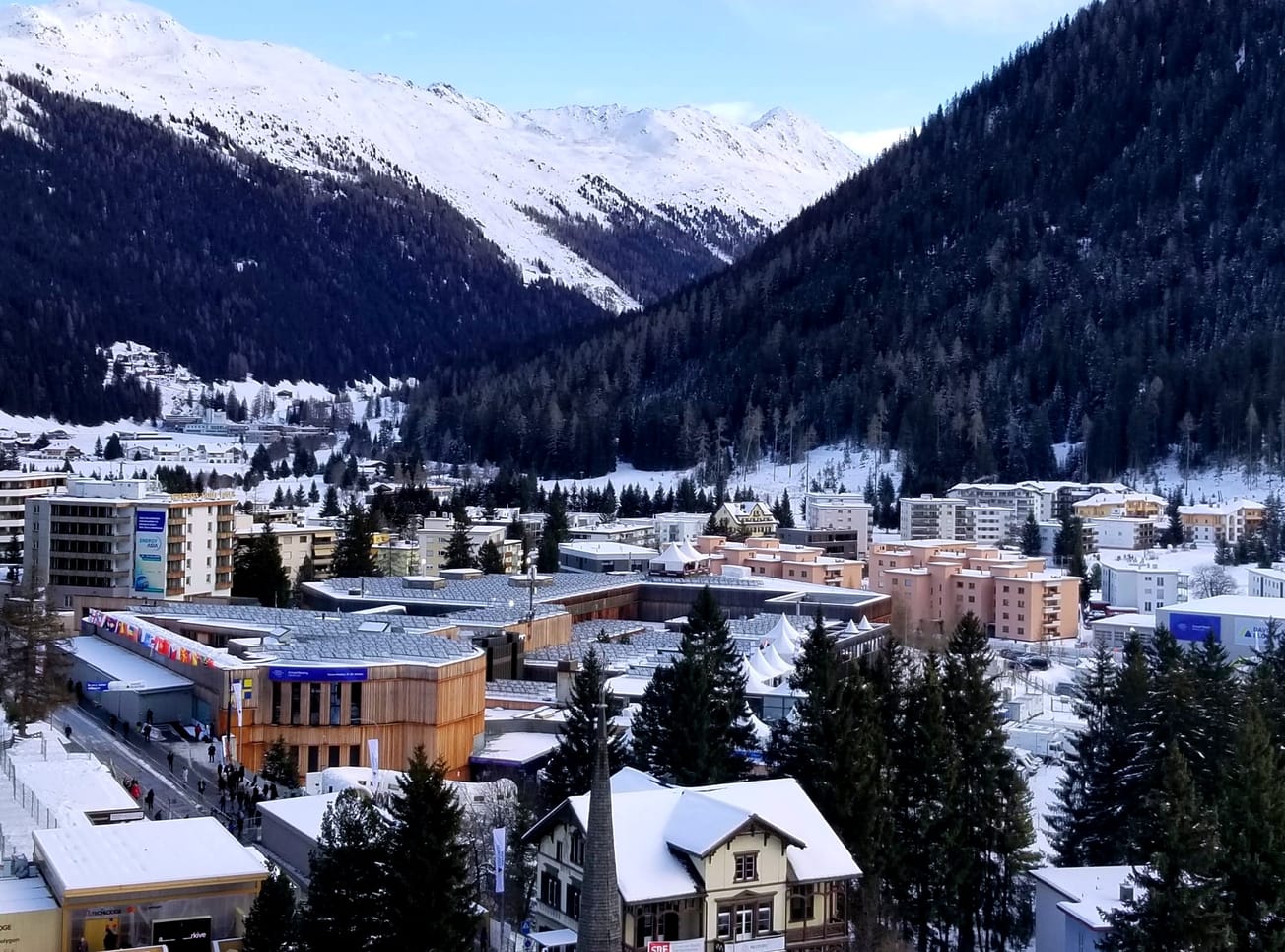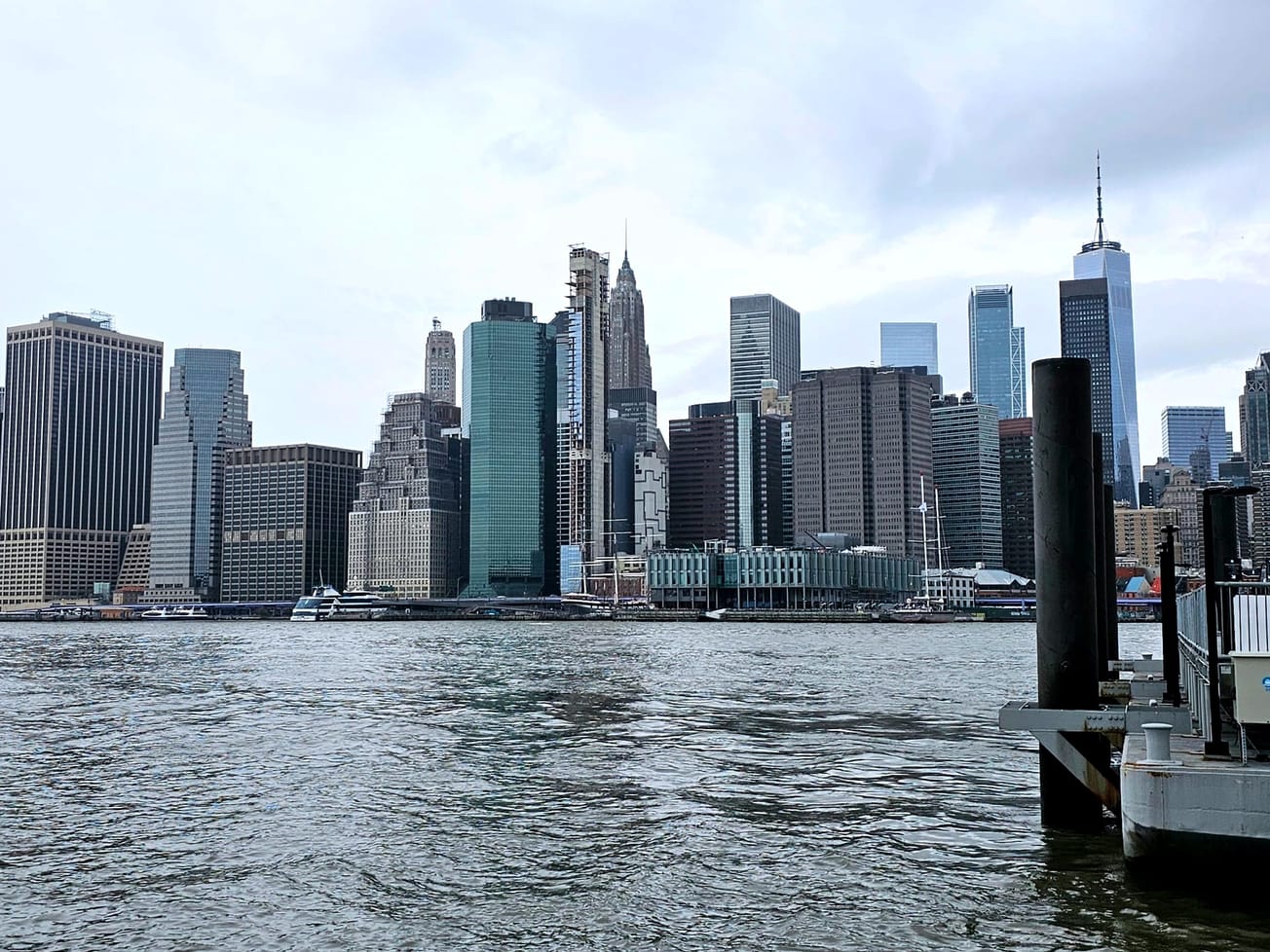WASHINGTON (AN) — Dozens of nations repeatedly urged the United States to eradicate its systemic racism and police brutality — and U.S. officials vowed to make changes — but there have been few such improvements, according to two comprehensive U.N. human rights reviews. The third review is aptly slated for November.
For the first time in 2011 and again in 2015, the international community reviewed the United States' human rights record. Despite widespread recognition among Western liberal societies of America's democratic ideals and values, United Nations Human Rights Council member nations harshly criticized America's endemic racism, discrimination and violence by police, and its widespread use of the death penalty.
Many of the criticisms and political promises of improvement made during the U.N.'s first two quadrennial reviews of America's human rights record illustrate the alarming lack of progress — and deep-seated frustration and outrage over long years of searingly painful injustices — that is behind the demonstrations and violent protests breaking out in cities across the United States in the wake of the Memorial Day killing of George Floyd, a Black man, while he was in police custody at Minneapolis.
The police arrested Floyd, who had recently lost his job as a security guard at a Mexican night club due to the coronavirus lockdown, after a deli employee called 911 and accused him of buying cigarettes with a counterfeit US$20 bill. A medical examiner's office and an autopsy commissioned by Floyd's family both ruled his death a homicide.
The 46-year-old man's heart stopped beating while a White police officer, Derek Chauvin, pinned him to the ground, keeping a knee on Floyd's neck for 8 minutes and 46 seconds, even after he lost consciousness. Floyd's last words, as he lay face down and handcuffed on the pavement, were, “I can’t breathe.”
The medical examiner's report said the cause of death was “cardiopulmonary arrest complicating law enforcement subdual, restraint and neck compression.” Chauvin worked as an off-duty police officer for the same night club where Floyd worked, but they do not appear to have known each other. Floyd family attorney Benjamin Crump announced a family-commissioned autopsy showed "asphyxiation from sustained pressure was the cause" of death. Crump said two doctors determined the neck and back compression blocked the blood flow to Floyd's brain.
His murder echoed tragedies in cities like Baltimore, Ferguson, Mo., and Los Angeles. But the mostly nonviolent protests and escalating responses in communities and businesses, which spread internationally, also reflect the timing of a pandemic that has cost more than 100,000 American lives and tens of millions of jobs, particularly among poorer, minority populations. Many of those protesting calculate racism is a health threat that outweighs the risk of spreading the coronavirus.
Added to a combustible mix is the rampant disinformation fanned by social media, reported incitement by far left and far right groups and a tweet-prone president sowing chaos, falsehoods and division in a presidential election year. Not since the 1968 protests has America experienced such a profound sense of social unrest.
Three days after Floyd's death, Michelle Bachelet, a former president of Chile who heads the Office of the U.N. High Commissioner for Human Rights, or OHCHR, condemned the killing, which was captured on video.
“This is the latest in a long line of killings of unarmed African Americans by U.S. police officers and members of the public,” Bachelet said in a statement. “I am dismayed to have to add George Floyd’s name to that of Breonna Taylor, Eric Garner, Michael Brown and many other unarmed African Americans who have died over the years at the hands of the police — as well as people such as Ahmaud Arbery and Trayvon Martin who were killed by armed members of the public.”
Bachelet, a pediatrician and public health advocate who speaks from first-hand experience about police brutality and torture, called on U.S. authorities "to take serious action to stop such killings, and to ensure justice is done when they do occur."
"Procedures must change, prevention systems must be put in place, and above all police officers who resort to excessive use of force should be charged and convicted for the crimes committed," said Bachelet, who was arrested along with her mother in 1975 then detained and tortured for weeks during Pinochet's dictatorship.
“I welcome the fact that the federal authorities have announced that an investigation will be prioritized. But in too many cases in the past, such investigations have led to killings being deemed justified on questionable grounds, or only being addressed by administrative measures," she said. “The role that entrenched and pervasive racial discrimination plays in such deaths must also be fully examined, properly recognized and dealt with."
Bachelet also said she understood the anger people felt, but urged Americans to protest peacefully since "violence and destruction of property won’t solve the problem of police brutality and enshrined discrimination."
It was only last August, after three high-profile shootings across the U.S. in a week, that U.N. experts made a similar appeal when they linked the shocking outburst of violence to American leaders’ increasing use of “divisive language” and “attempts to marginalize” minorities.
The U.N. Working Group of Experts on People of African Descent — which grew from the 2001 World Conference against Racism in Durban, South Africa — called on U.S. leaders to recommit to human rights, including equal protection under the law, in response to the mass shootings.
“The use of race to instill fear, gain votes or power, or mask injustices must stop,” the U.N. panel’s five experts from Jamaica, the Philippines, Poland, South Africa and the U.S. had said in a statement.
“Those with privilege and power have a heightened responsibility to mitigate, not encourage, racism, intolerance, and bigotry,” it said. “Communities and leaders throughout the United States should take seriously their obligations to prevent further tragedies and protect the human rights of all equally and without condition.”
That message has not reached U.S. President Donald Trump, who declared himself the "president of law and order" and said he wanted to “dominate the streets” by directing the use of an “overwhelming law enforcement presence until the violence has been quelled.”
Racism and social injustice
Trump threatened the use of federal troops to quell the uprisings nationwide, which include massive peaceful protests, if state and city leaders do not take more aggressive actions to put down the violence and looting. He ordered National Guard troops and federal law enforcement to "dominate" the streets of Washington. Some of his loyalists even pursued the idea of taking control of police in the nation's capital.
Around the White House, federal authorities resorted to tear gas, stun grenades and rubber bullets to disperse peaceful demonstrators on Monday in Lafayette Square, a small park near the White House that the U.S. General Services Administration says was once used as a graveyard, racetrack, zoo, apple orchard — and slave market.
The demonstrators were forcibly cleared so that Trump, his daughter and son-in-law and other aides could walk across the street without any interference and he could be photographed holding up a Bible at St. John's Episcopal Church, a traditional venue for presidents. His daughter carried the Bible for him in her US$1,540 Italian handbag.
Even some of the priests said they were driven away by tear gas to make way for the president's photo op. The church had been boarded up from damage when part of it was set fire on Sunday. Around the city, dozens of office buildings and storefront businesses were damaged by fires, windows smashed and looting. Many of the protesters defied the mayor’s overnight curfew in the District of Columbia.
Police from Arlington County, Virginia, were called in to back up the D.C. police force, but were ordered to leave the church once Trump's self-aggrandizing motives became apparent. "The county is re-evaluating the agreements that allowed our officers to be put in a compromising position that endangered their health and safety, and that of the people around them, for a purpose not worthy of our mutual aid obligations," county officials said in a statement.
Nearly two years ago, Trump, disdainful of international organizations and treaties, announced he was withdrawing the United States from the 47-nation U.N. Human Rights Council. His top diplomats, U.S. Secretary of State Mike Pompeo and then-U.S. Ambassador to the U.N. Nikki Haley, accused the council of chronic bias against Israel and of losing credibility by allowing repressive governments with poor human rights records, such as China, Cuba and Venezuela, to become members.
Under the Obama administration, the United States joined the Human Rights Council in 2009. Two years later, the Geneva-based council put the American record under a microscope for the first time on everything from civil rights to immigration to national security. All of the world body's 193 member nations are required to undergo a peer-led review of their human rights record every four years.
Human Rights First, a U.S.-based international organization, emphasized that Black and LGBTQ people, migrants, Jews, Muslims and Christians continued to suffer violence from racism, bigotry and intolerance. The Washington-based Council for Global Equality noted U.S. state and local jurisdictions have insufficient laws to protect victims and to report hate crimes to federal authorities.
A U.S. State Department legal adviser, Harold Hongju Koh, said America's civil rights movement epitomized a fundamental American belief personified by Martin Luther King, Jr. that society is made better by protecting and promoting the civil and human rights of the least powerful.
But some of most vociferous U.S. critics — such as Cuba, Iran and Venezuela, where human rights are often trammeled — said American officials cast aside too many recommendations from a review overseen by France, Japan, and Cameroon.
Among the recommendations in 2011 was a call for the U.S. government to "punish perpetrators of abuse and police brutality, which are increasingly alarming and constitute irrefutable acts of increasing racism and racial discrimination, particularly against African-Americans, Latinos and women."
In 2015, issues of racism and police brutality dominated the Human Rights Council's review of the U.S. record in the wake of several high-profile killings of Black citizens by White police officers.
Eric Garner, a 43-year-old Black father of six, died in a chokehold put on him by a White police officer in New York City's Staten Island borough in July 2014. Officers arrested him on suspicion of selling cigarettes without tax stamps. As in the Floyd case, Garner's killing was captured on video and his last words were, " I can't breathe."
Another explosive case occurred the next month when Michael Brown, an 18-year-old Black high school graduate preparing to study at a technical college, was shot dead by a White police officer during an altercation on a street in Ferguson, Mo.
Nearly two dozen nations including Brazil, China, Singapore, South Africa and Turkey recommended stronger U.S. laws and training to eliminate racism and excessive use of force by law enforcement.
Montenegro and Rwanda advised better police-community relations to eliminate police brutality, while Egypt, Namibia, Pakistan and Serbia urged more U.S. examination of racism and police brutality, and how to end them. Bangladesh, Cuba and Argentina recommended stiffer punishment of police brutality.
"Most of the problems raised by member states in the UPR review of the U.S. reflected a common theme of an embedded racist structure with no real mechanisms for accountability," Paula Johnson, a Syracuse University law professor, told the council.
That was five years ago. The U.N.'s third such Universal Periodic Review of the United States' human rights record is scheduled to get underway this coming November. The UPR process was established by the U.N. General Assembly in 2006 to examine the human rights record of all member nations.









